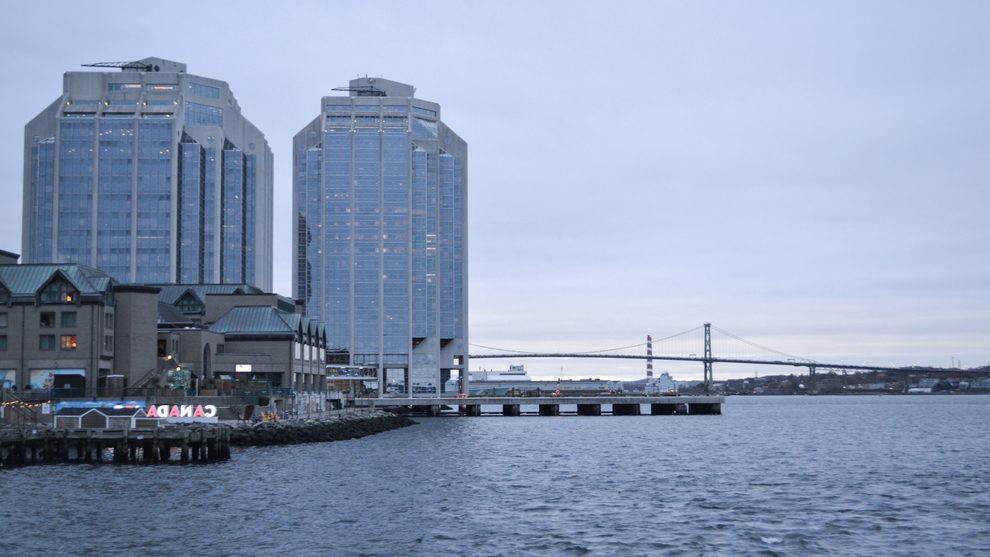Environment
Halifax beach monitoring program called ‘grossly inadequate’
Water contamination led to 225 days of closed beaches in eight weeks

caption
Halifax Regional Municipality performs water purity tests each summer to vet for contamination.
caption
Halifax Regional Municipality performs water purity tests each summer to vet for contamination.Kelly Schnare, vice chair of the Regional Watersheds Advisory Board, says the Halifax Regional Municipality’s beach monitoring program is “grossly inadequate” in its current state.
Schnare made the comment when the board met at the Alderney Gate Public Library on Wednesday to talk about potential program improvements, such as expanding the water testing period and forming more preventative action plans.
“I’m just disturbed,” said board member Rose Featherstone of the number of beach closures last summer.
There were 19 closures over eight weeks, adding up to 225 days of closures of this period. Birch Cove on Lake Banook was closed for 33 days on and off throughout the season.
Under the beach monitoring program, supervised swimming areas are shut down when testing shows the water is contaminated. This occurs when high levels of E.coli or enterococci are found, as certain strains of both organisms can cause harm or death to humans.
Birch Cove is Nova Scotia’s only Blue Flag beach. Beaches with this status undergo an analysis that includes 33 parameters, according to four different criteria. Continued closures could lead the HRM to lose its only Blue Flag beach status.
“I really think it’s in the city’s interest to investigate,” said Featherstone.
Currently tests are taken once a week during the summer months, but the advisory board is calling for more.
Schnare said the amount of testing being done at the moment doesn’t take climate change into account.
“The fact that people are swimming in the month of November is a reality,” she said.
Swimmers who enter the water in the fall months are putting themselves at risk as the summer testing halts. The committee would like the HRM to continue tests into these fringe seasons to help keep people safe.
Walter Regan, chairman of the board, said that daily testing would help even more. Toronto adheres to a daily schedule and Regan is looking for the HRM to do the same.
“If the HRM is serious about the protection of the public — and I think they are — they’ve got to increase the budget,” he said. “I don’t care if it costs $4 million a year; the environment is worth protecting.”
HRM currently spends $35,000 a year on beach water testing, most of which is principally spent on laboratory analysis, said Cameron Deacoff, an environmental performance officer for the municipality.
The current protocol for closed beaches is to simply wait it out and retest the water as soon as possible. The board called for more preventative action in the future. Part of that means educating the public on what they can do to stop contamination.
“I don’t think it’s simply the municipality’s duty to keep the water clean,” said board member Kevin Hooper. He lists easy solutions like picking up after pets or refraining from feeding ducks or wildlife.
In September, regional council asked municipal staff to look into how to control pollution at Lake Banook and Lake Micmac. The environment and sustainability committee is expected to go over that staff report in January.

